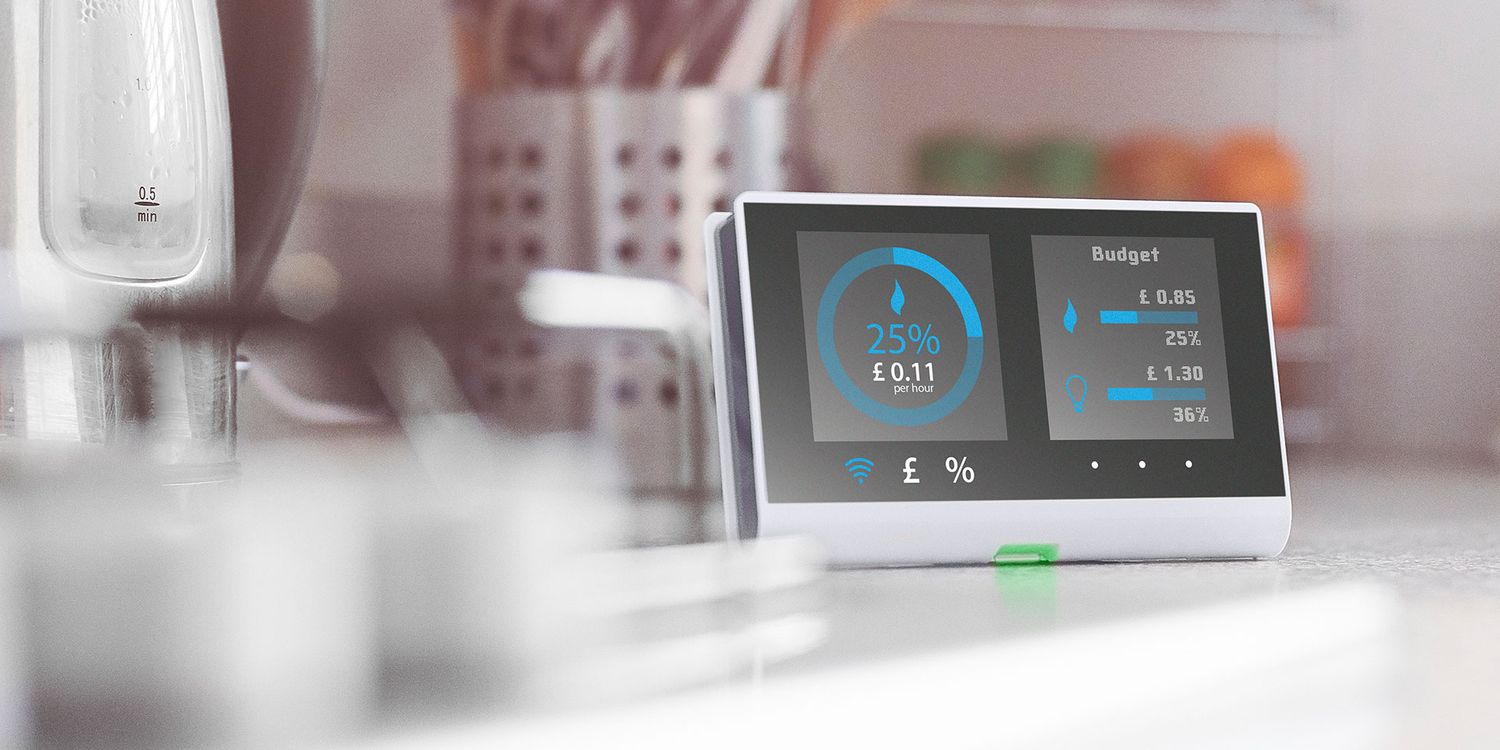“We can save 70 million trees if we all get a smart meter”
In their advertising campaign, Smart Energy GB – a government-backed not-for-profit, claim that if we all installed smart meters, we can save 70 million trees.
In a radio advert that aired in July 2018, Smart Energy GB claimed that consumers can save money by installing a smart meter. According to the ad, ‘… with a smart meter you get an expected average saving of 354kWh.‘
Fourteen listeners complained to the Advertising Standards Authority (ASA) that the ad was misleading and despite Smart Energy GB asserting that the ad qualified that savings were possible by reducing wastage, not by simply installing the smart meter, the ASA upheld the complaints[1].
The question remains – will installing a smart meter a) save you money and b) save millions of trees?
While inflation is on the up and energy prices appear to be soaring, it is worth noting that this is not the first time in recent history we have experienced an energy crisis. Those who can remember the 70s (my 70s memories were of play groups and birthday parties), will recall a decade plagued with oil shortages and energy crises.
During this period, some Dutch researchers started paying closer attention to the nation’s energy usage. They found that one suburb in Amsterdam appeared to be using 30% less energy than their surrounding neighbours. The houses in the area were all very similar in terms of size, material and age of property and the residents were of a similar demographic group to their nearby neighbours. There did not appear to be any obvious reason why this suburb was using significantly less energy. The researchers investigated further, and discovered that, while most houses in the area had their electricity meters in the basement, these houses were built with electricity meters in the main hallway. And it was the residents of these houses that were using less electricity.[2]
In an earlier post, I referred to Kurt Lewin’s view that behaviour is a function of the person/individual in the environment – B=f(P, E). The Amsterdam suburb is great for illustrating this point. When the meter is in the basement, the inhabitants of the house continued about their business oblivious to how much energy they were using. Residents with a meter in the main hallway would be constantly reminded of the energy usage ticking over and would have endeavoured, wherever possible, to save energy.
I have often heard the phrase “anything measured is improved”. There is an element of truth in that. If you want to lose weight, the first step is to start weighing yourself regularly. However, it is not the measuring itself, but the behaviour that seeing the measurement triggers, that leads to the improvement. I can step on the scale every morning for a year without seeing a reduction in my weight. The weighing itself does nothing. If I notice my weight increasing, I might convince myself to eat less or exercise more. But if I don’t step on that scale, I will be oblivious to any weight gain and continue growing until my clothes no longer fit me.
So too, with a smart meter, the 14 complainants were not wrong, the act of installing a smart meter will do nothing to save energy, but the behaviour it inspires may very well be the catalyst required to save 70 million trees!
<Gratuitous plug >
The “anything measured is improved” approach applies in most facets of life and business. For this reason, one of the key offerings at DELPHI DECIDE is the creation of bespoke dashboards for monitoring business metrics and KPIs. Or to put it another way, Turning data into actionable intelligence.</Gratuitous plug>
[1] https://www.asa.org.uk/rulings/smart-metering-communications-body-ltd-a18-457472.html
[2] Donella Meadows and Diana Wright, Thinking in Systems: A Primer (Chelsea Green, 2008)


Leave a Reply